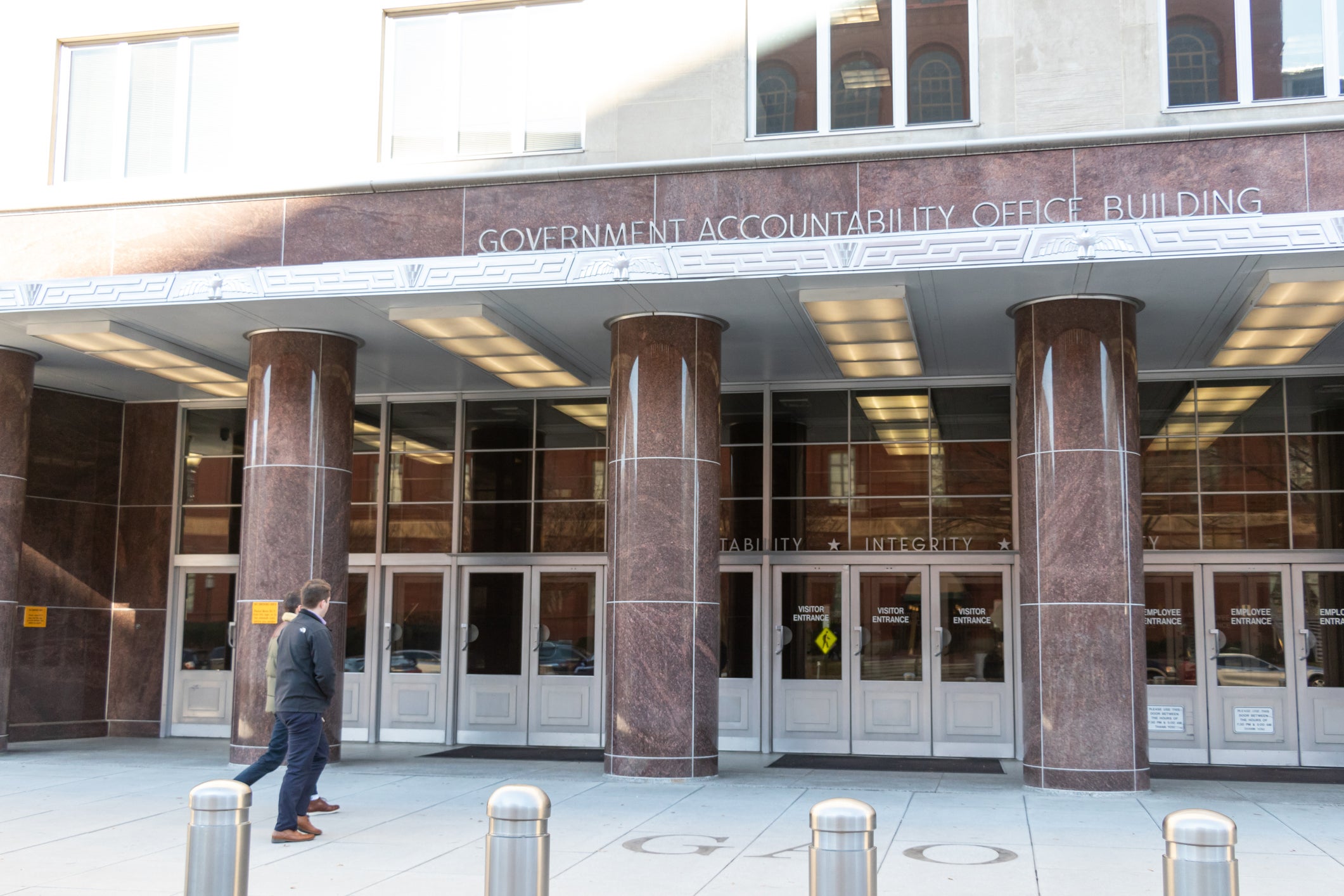CBA Letter re HFSC Subcommittee Hearing on Small Dollar Credit Industry

April 30, 2019
The Honorable Gregory Meeks The Honorable Blaine Luetkemeyer
Chairman Ranking Member
Subcommittee on Consumer Protection Subcommittee on Consumer Protection
and Financial Institutions and Financial Institutions
2310 Rayburn House Office Building 2230 Rayburn House Office Building
Washington, D.C. 20515 Washington, D.C. 20515
Dear Chairman Meeks and Ranking Member Luetkemeyer:
The Consumer Bankers Association (CBA) appreciates the opportunity to comment on the Consumer Protection and Financial Intuitions Subcommittee hearing entitled, “Ending Debt Traps in the Payday and Small Dollar Credit Industry” and to share our views on the consumer need for a regulatory environment that fosters a vibrant bank-offered small dollar credit market. Operating in all 50 states and in communities across the country, the banking industry has the capacity to offer small dollar loan products that will provide access to affordable, highly regulated, short-term credit options for consumers. CBA is the voice of the retail banking industry whose products and services provide access to credit to millions of consumers and small businesses. Our members operate in all 50 states, serve more than 150 million Americans and collectively hold two-thirds of the country’s total depository assets.
Today, millions of Americans live paycheck to paycheck, leaving consumers with less cushion for emergencies, strained credit scores, and fewer credit options. According to the Federal Reserve, nearly half of American adults cannot cover an unexpected expense of $400. According to Pew, 12 million Americans take out payday loans each year. The need for access to affordable, short-term liquidity products has become more important than ever.
Deposit Advance Product Guidance
In 2013, the Federal Deposit Insurance Corporation (FDIC) and Office of the Comptroller of the Currency (OCC) issued overly restrictive guidance on small-dollar bank loans, often known as deposit advance products (DAP), which served as a safe and affordable alternative to payday loans. The guidance recommended the use of underwriting that is more appropriately applied to a much larger credit product, such as a mortgage loan, and placed other restrictions on the products. This, combined with a low interest rate environment, has made small-dollar credit unviable and forced banks to leave the market.
Recently, the OCC rescinded its DAP guidance and the FDIC has initiated a request for information on its guidance. CBA strongly supports the repeal of the FDIC’s DAP guidance and the requirement that any future guidance be subject to a cost-benefit analysis and public notice and comment period. These actions, with compatible action from the Consumer Financial Protection Bureau, would allow for banks to reenter the small dollar loan market.
CFPB Small Dollar Loan Rule
On February 6, 2019, the CFPB issued a proposed rule to revise its controversial November 2017 small-dollar loan rule (2017 Rule). The proposal would effectively rescind the 2017 Rule’s requirement that lenders determine a borrower’s ability to repay prior to extending small-dollar and certain other types of covered loans. The CFPB also proposed to delay the compliance date for the 2017 Rule’s existing ability to repay provisions to November 19, 2020. According to the proposal, the CFPB believes that the 2017 Rule’s ability to repay provisions would have the effect of eliminating lenders willing to participate in the market, thereby decreasing consumer’s access to credit and competition in credit markets. We agree with the Bureau’s assessment of the 2017 rule and applaud the proposal that will allow highly-regulated banks to offer short term credit products that can ease unforeseen financial burdens.
The Bureau’s proposed rule addresses the 2017 Rule’s burdensome ability to repay requirements which will serve as a barrier to entry for banks. The 2017 Rule requires lenders to obtain extensive information about a consumer’s finances and use the information to project whether the consumer will be able to make payments for his or her existing payment obligations and the payments under the covered loan and still meet basic living expenses for a period of thirty days.
Under the new proposal, lenders would still be subject to the 2017 Rule’s payment provisions, which require a lender to obtain a new customer authorization to attempt to withdraw funds from a consumer’s account following two consecutive failed attempts to withdraw payments from that account. The provisions also require lenders to provide consumers with a written notice prior to a first attempt to withdraw payment from a checking, savings, or prepaid account and before subsequent attempts to withdraw payments if the payment amounts, dates, or payment channels differ from the first attempt. These provisions will add additional regulatory burden that are not in alignment with current requirements which allow three consecutive pulls and require lenders to make costly system changes for a small subset of loans.
While undertaking our analysis of the 2017 rule, we identified other complications that need to be addressed. We urge the Bureau to grant an immediate extension of the Compliance Date for the entire Final Rule. Without an extension, banks will expend resources unnecessarily to achieve compliance by early August 2019 on a rule the Bureau is currently reconsidering and may materially change.
Further, the Bureau should explicitly exempt traditional consumer loan products, which do not raise consumer protection concerns, that this rulemaking was intended to address. In the 2017 Rule, the Bureau expansively defined “covered loans” — i.e., the loans subject to the Final Rule’s restrictions — without regard to the loan’s amount or duration. Consequently, the 2017 Rule captures many loans that are not, in fact, short-term, small dollar loans, including some every day consumer products and wealth management products. To address this concern, the Bureau should also clarify that the financing of any product or service in connection with a purchase money loan is included in the Rule’s exemption for these loans and thus avoid restricting access to open-end lines of credit.
Protecting Consumers from Unreasonable Credit Rates Act of 2019
CBA is concerned about the impact the discussion draft legislation entitled, “Protecting Consumers from Unreasonable Credit Rates Act of 2019” would have on the encouragement of highly regulated banks from offering a small dollar, short-term lending product. An overly prescriptive fee structure and usury rate of 36% will not allow banks to adequately price risk when determining a borrower’s ability to repay a loan, nor recover the cost of extending short-term credit to consumers. In addition, an APR for a small-dollar, short-term loan is often misleading to consumers and unjustly inflated considering the short repayment schedule. The draft legislation would effectively prevent highly-regulated banks from offering short-term lending products whose purpose is to provide consumers credit in times of emergency or great need.
The Act goes further than short-term, small-dollar credit and would create a national maximum APR of 36%. The calculation of APR under the bill would include any fees, with some exceptions, that are incident to, ancillary to, or as a condition of an extension of credit. This “all-in” APR approach is contrary to current practices and would severely limit the availability of credit to all US consumers.
Conclusion
CBA is encouraged by the OCC and the FDIC recent actions related to DAP and the CFPB’s decision to revise the small dollar rule as these actions will help to foster a vibrant small dollar loan market for consumers in need. As Congress examines the impact the proposed changes could have on consumers, CBA stands ready to provide insight and analysis on how the banking industry could offer a safe and well-regulated short-term bank product designed to help consumers and enhance their financial stability.
Sincerely,
Richard Hunt
President and CEO
Consumer Bankers Association


